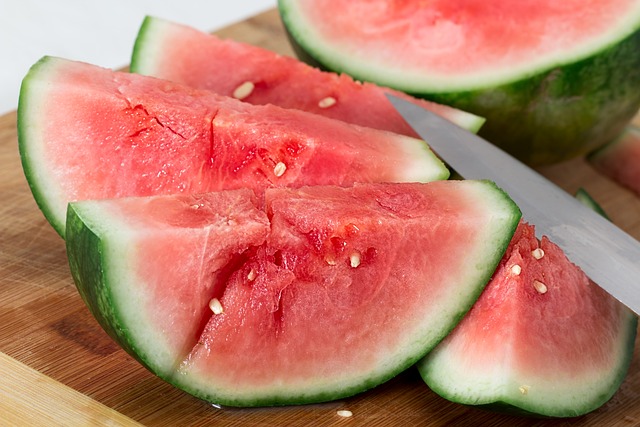Beyond Yogurt: Exploring Unique Sources of Probiotic Power
In recent years, probiotics have gained significant attention for their potential health benefits. Traditionally, yogurt has been the go-to source for probiotics. While yogurt undoubtedly offers many health advantages, there are several other unique sources of probiotic power worth exploring. In this article, we will delve into some lesser-known but equally effective probiotic sources that can help improve your digestive health and overall well-being.
Kefir
Kefir is a fermented milk drink that originates from the Caucasus region. Similar to yogurt, kefir is rich in beneficial bacteria and yeast. This combination provides a diverse range of probiotics that can have a positive impact on your gut health. What sets kefir apart is its ability to colonize the gut more effectively than yogurt due to its unique composition. Kefir is not only a rich source of lactobacilli and bifidobacteria but also contains several strains of beneficial yeasts that support a healthy gut microbiome.
Kombucha
Kombucha is a tangy and effervescent beverage made through the fermentation of sweetened tea using a symbiotic culture of bacteria and yeast (SCOBY). While kombucha is widely known for its probiotic content, the exact strains can vary depending on the production process. Nonetheless, it typically contains beneficial bacteria such as Lactobacillus and Bifidobacterium.
Furthermore, kombucha also contains organic acids, antioxidants, and enzymes, making it a refreshing beverage with potential health-promoting properties. Its probiotic nature coupled with its nutrient profile makes kombucha a unique and tasty way to support a healthy gut.
Miso
Miso is a traditional Japanese seasoning made by fermenting soybeans with salt and a specific fungus called koji. This fermentation process enhances the food’s flavor while simultaneously producing a variety of beneficial bacteria. The predominant strains found in miso include the probiotics Bacillus subtilis and Lactobacillus.
In addition to its probiotic content, miso is also a good source of essential minerals and antioxidants. It is commonly used in soups, dressings, and marinades. Incorporating miso into your cooking not only adds a unique flavor but also introduces gut-friendly microorganisms that can contribute to a healthier digestive system.
Sauerkraut
Sauerkraut is a type of fermented cabbage that has been a staple in Central Europe for centuries. Like other fermented foods, sauerkraut undergoes a natural fermentation process that creates an environment conducive to the growth of beneficial bacteria. The most common strains found in sauerkraut are Lactobacillus plantarum, Leuconostoc mesenteroides, and Pediococcus acidilactici.
The fermentation process not only enhances the shelf life of cabbage but also increases its nutritional value. Sauerkraut is not only brimming with probiotics but also high in fiber, vitamins, and minerals. Adding sauerkraut to your diet can boost your gut health and help diversify the microbial population in your intestines.
Kimchi
Kimchi is a spicy and tangy Korean side dish that is essentially salted and fermented vegetables, most commonly cabbage and radishes. The fermentation of kimchi is primarily carried out by Lactobacillus strains, specifically Lactobacillus kimchii. This probiotic-rich condiment offers a bold flavor profile while providing numerous health benefits.
In addition to its probiotic content, kimchi contains various vitamins, minerals, and antioxidants. Its natural fermentation process ensures the growth of beneficial bacteria while preserving the nutritional value of the vegetables. Including kimchi in your meals can add both a punch of flavor and a dose of probiotics to support a healthy gut.
Conclusion
While yogurt remains a popular source of probiotics, it is essential to expand our horizons and explore other unique sources of probiotic power. Kefir, kombucha, miso, sauerkraut, and kimchi all offer diverse strains of beneficial bacteria that can support a healthy gut microbiome. Incorporating these probiotic-rich foods into your diet not only enhances your digestive health but also introduces a delightful array of flavors to your meals. So, the next time you think about probiotics, remember to go beyond yogurt and embrace the multitude of exciting options available.







